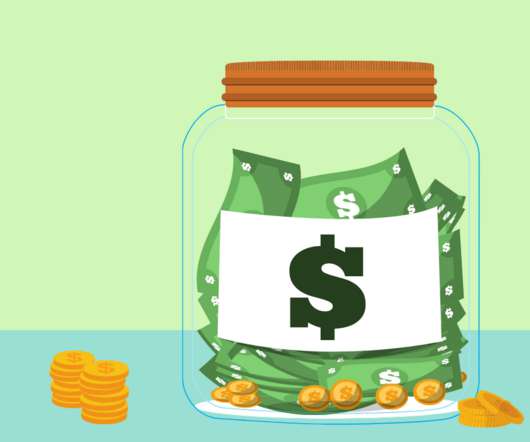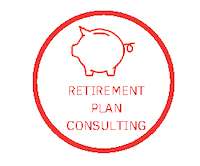What is a 401(k) Plan and How Does it Work?
HR Digest
MARCH 28, 2023
One popular way to get your retirement plan sorted in the United States is through a 401(k) plan. A 401(k) plan is a type of retirement account offered by employers to their employees. It allows employees to save a portion of their pre-tax income for retirement. How does 401(k) work?















Let's personalize your content